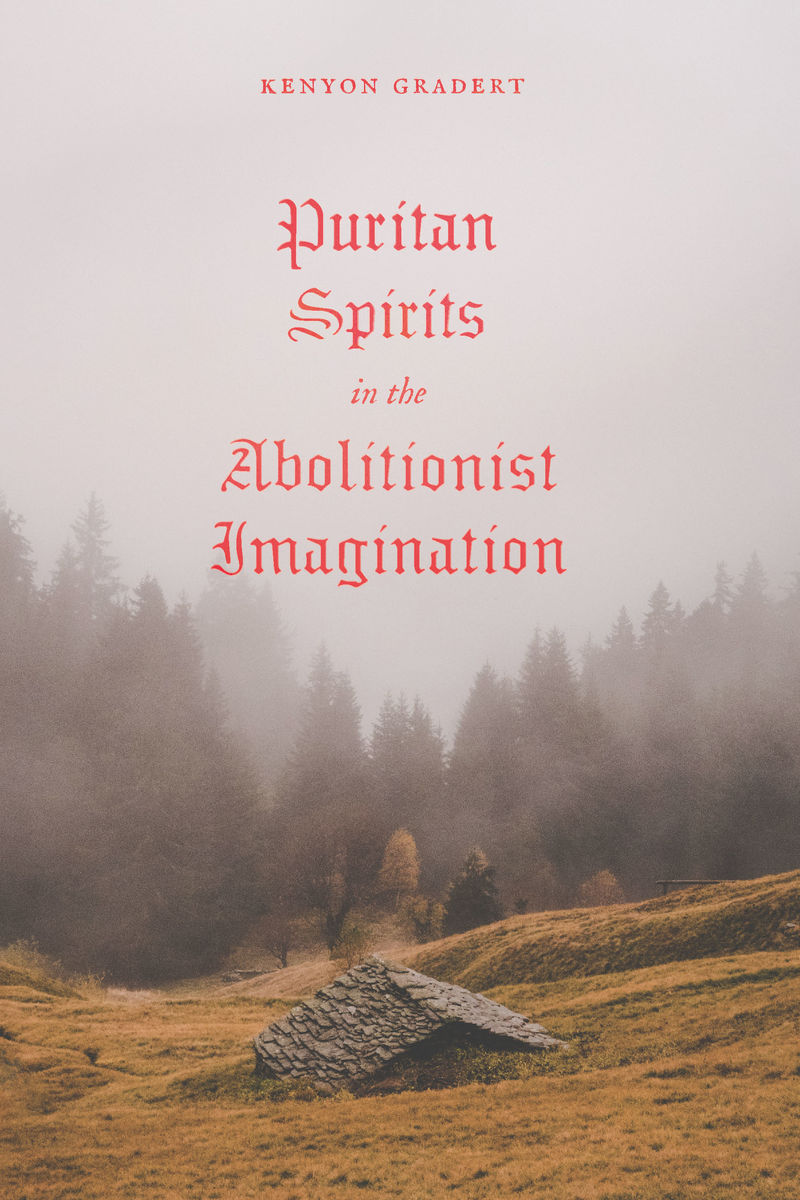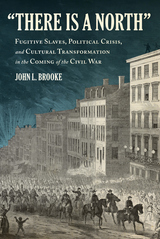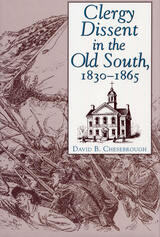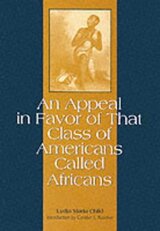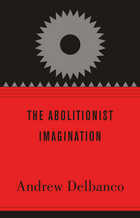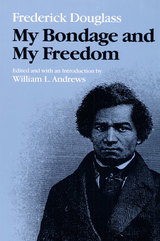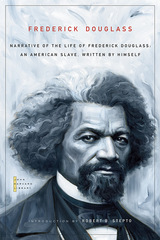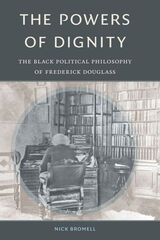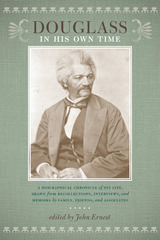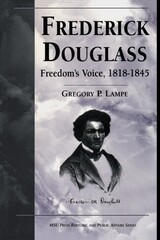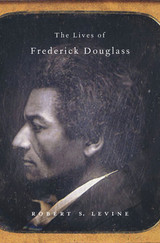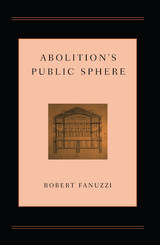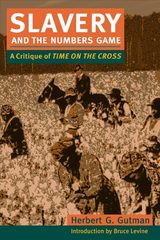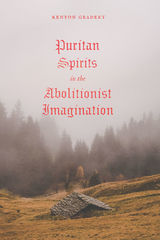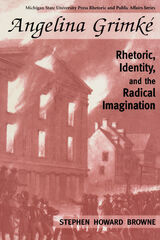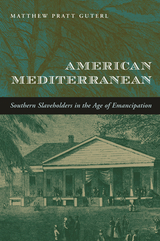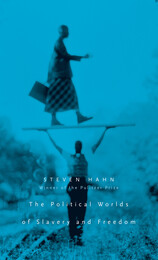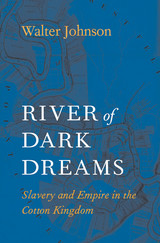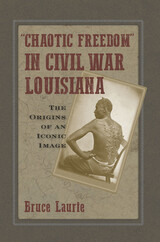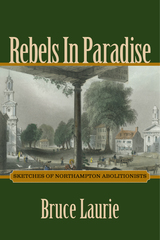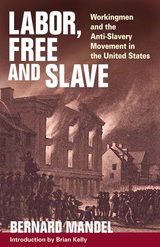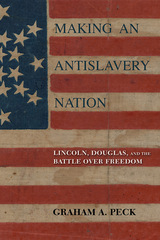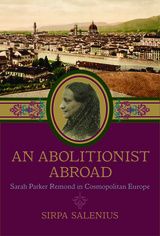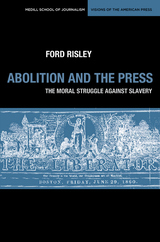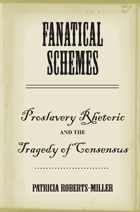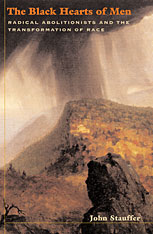Puritan Spirits in the Abolitionist Imagination
University of Chicago Press, 2020
eISBN: 978-0-226-69416-0 | Cloth: 978-0-226-69402-3
Library of Congress Classification E449.G73 2020
Dewey Decimal Classification 326.80973
eISBN: 978-0-226-69416-0 | Cloth: 978-0-226-69402-3
Library of Congress Classification E449.G73 2020
Dewey Decimal Classification 326.80973
ABOUT THIS BOOK | AUTHOR BIOGRAPHY | REVIEWS | TOC | REQUEST ACCESSIBLE FILE
ABOUT THIS BOOK
The Puritans of popular memory are dour figures, characterized by humorless toil at best and witch trials at worst. “Puritan” is an insult reserved for prudes, prigs, or oppressors. Antebellum American abolitionists, however, would be shocked to hear this. They fervently embraced the idea that Puritans were in fact pioneers of revolutionary dissent and invoked their name and ideas as part of their antislavery crusade.
Puritan Spirits in the Abolitionist Imagination reveals how the leaders of the nineteenth-century abolitionist movement—from landmark figures like Ralph Waldo Emerson to scores of lesser-known writers and orators—drew upon the Puritan tradition to shape their politics and personae. In a striking instance of selective memory, reimagined aspects of Puritan history proved to be potent catalysts for abolitionist minds. Black writers lauded slave rebels as new Puritan soldiers, female antislavery militias in Kansas were cast as modern Pilgrims, and a direct lineage of radical democracy was traced from these early New Englanders through the American and French Revolutions to the abolitionist movement, deemed a “Second Reformation” by some. Kenyon Gradert recovers a striking influence on abolitionism and recasts our understanding of puritanism, often seen as a strictly conservative ideology, averse to the worldly rebellion demanded by abolitionists.
Puritan Spirits in the Abolitionist Imagination reveals how the leaders of the nineteenth-century abolitionist movement—from landmark figures like Ralph Waldo Emerson to scores of lesser-known writers and orators—drew upon the Puritan tradition to shape their politics and personae. In a striking instance of selective memory, reimagined aspects of Puritan history proved to be potent catalysts for abolitionist minds. Black writers lauded slave rebels as new Puritan soldiers, female antislavery militias in Kansas were cast as modern Pilgrims, and a direct lineage of radical democracy was traced from these early New Englanders through the American and French Revolutions to the abolitionist movement, deemed a “Second Reformation” by some. Kenyon Gradert recovers a striking influence on abolitionism and recasts our understanding of puritanism, often seen as a strictly conservative ideology, averse to the worldly rebellion demanded by abolitionists.
See other books on: Abolitionist Imagination | Antislavery movements | Political activity | Puritans | Religion, Politics & State
See other titles from University of Chicago Press
